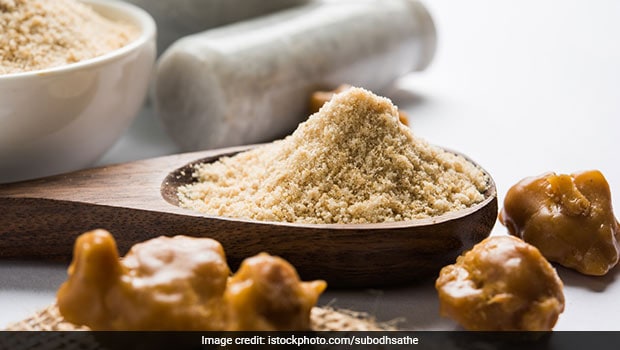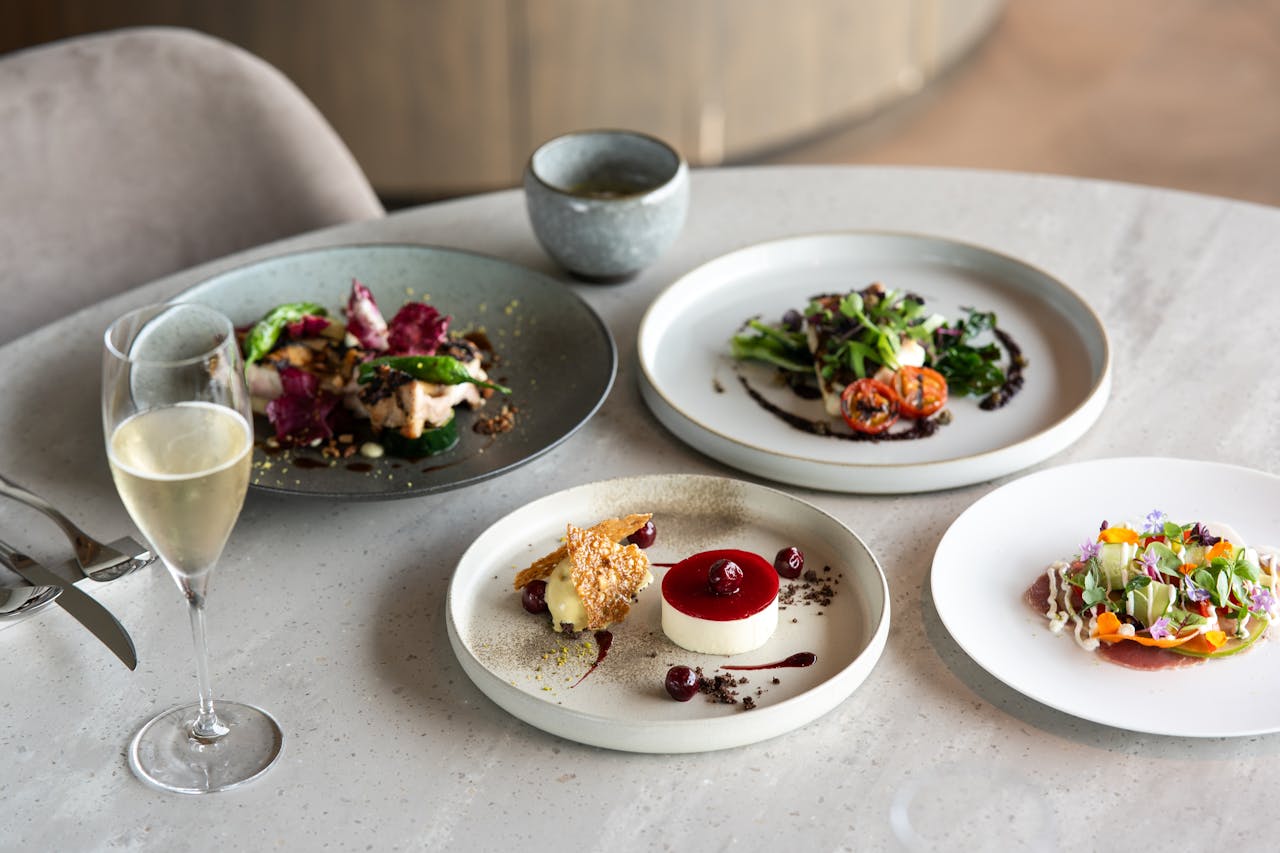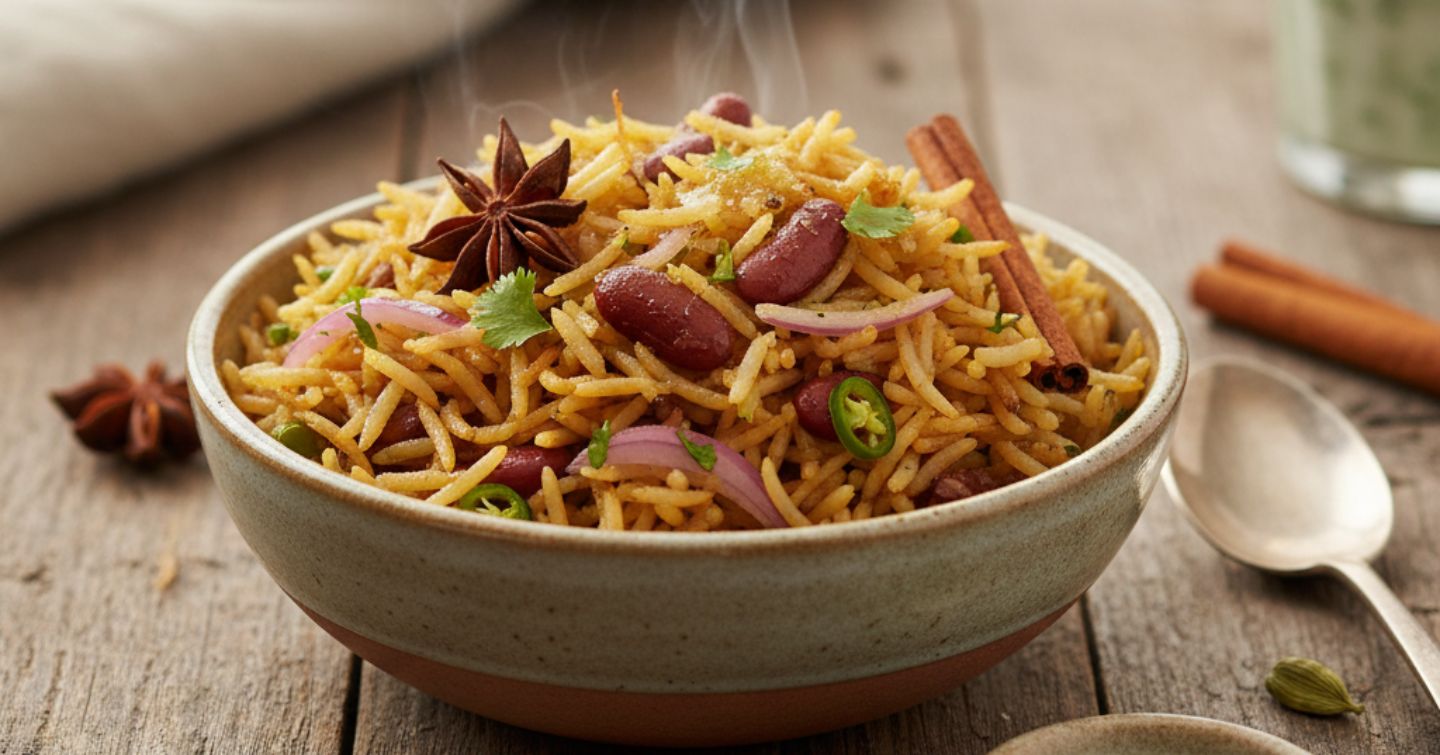The flavour and aroma of hing (asafoetida) are unmissable. Whenever hing is added to the pan to make base or tadka for a dish, its pungent notes reach us within seconds. However, its sharp smell and taste have a balancing effect on all other ingredients, creating a harmonious bouquet of flavours. But hing's characteristics are not just sensory, it offers its health-benefitting properties too. Hing is produced from resin of giant fennel and is mostly used in Middle Eastern and Indian cuisines.
Hing is believed to make our dish more flavourful and lighter on the stomach. Besides this, it offers a host of health benefits, and nutritionist Lovneet Batra highlighted the topmost reasons why one must add this spice to their food.
(Also Read: What is Hing? Where Does It Come From?)

Hing offers a host of health benefits.
3 Reasons Why Hing Should Be Added To Your Food:
1. Aids Digestion:
Nutritionist Lovneet Batra stated that hing is alkaline in nature and therefore, prevents acid reflux caused due to heavy ingredients added to food. We know for a fact that hing has been used since ancient times as a remedy to reduce bloating, flatulence, and Irritable Bowel Movements (IBM), thanks to its anti-spasmodic properties.
2. Alleviates Menstrual Cramps
Lovneet Batra claims that hing may provide quick relief from menstrual cramps and irregular periods due to its anti-inflammatory characteristic. Since hing is pegged as a natural blood thinner, it may help blood flow smoothly, thereby, reducing stomach pain.
3. Improves Blood Sugar Level:
Lovneet Batra suggests that hing could be very beneficial for diabetics. As this spice stimulates pancreatic cells to secrete insulin, it may lower elevated blood sugar levels.
While Lovneet Batra points out a few specific benefits of consuming hing, these are not the only ones. Hing may also help people dealing with asthma and may improve skin condition. Here are the various health and skin benefits that hing is known to provide.
Another thing to consider here is what the best way to add hing to our diet is. Chef Manjusha Sinha shared with us that she prefers to use the pure form of hing instead of buying its powder. She crushes a small part of its rock with water into a paste and then adds it her food. However, most of the people roast a dash of hing in oil before adding other ingredients to make a dish. Another way you can consume hing is by seeping it in water for a few minutes and using the water to cook the dishes.
(Also Read: Eating Fruits As Dessert? Healthy Or Unhealthy? Celeb Nutritionist Pooja Makhija Reveals)
Do you consume hing regularly? If not, maybe it's time to reconsider.
About Neha GroverLove for reading roused her writing instincts. Neha is guilty of having a deep-set fixation with anything caffeinated. When she is not pouring out her nest of thoughts onto the screen, you can see her reading while sipping on coffee.










